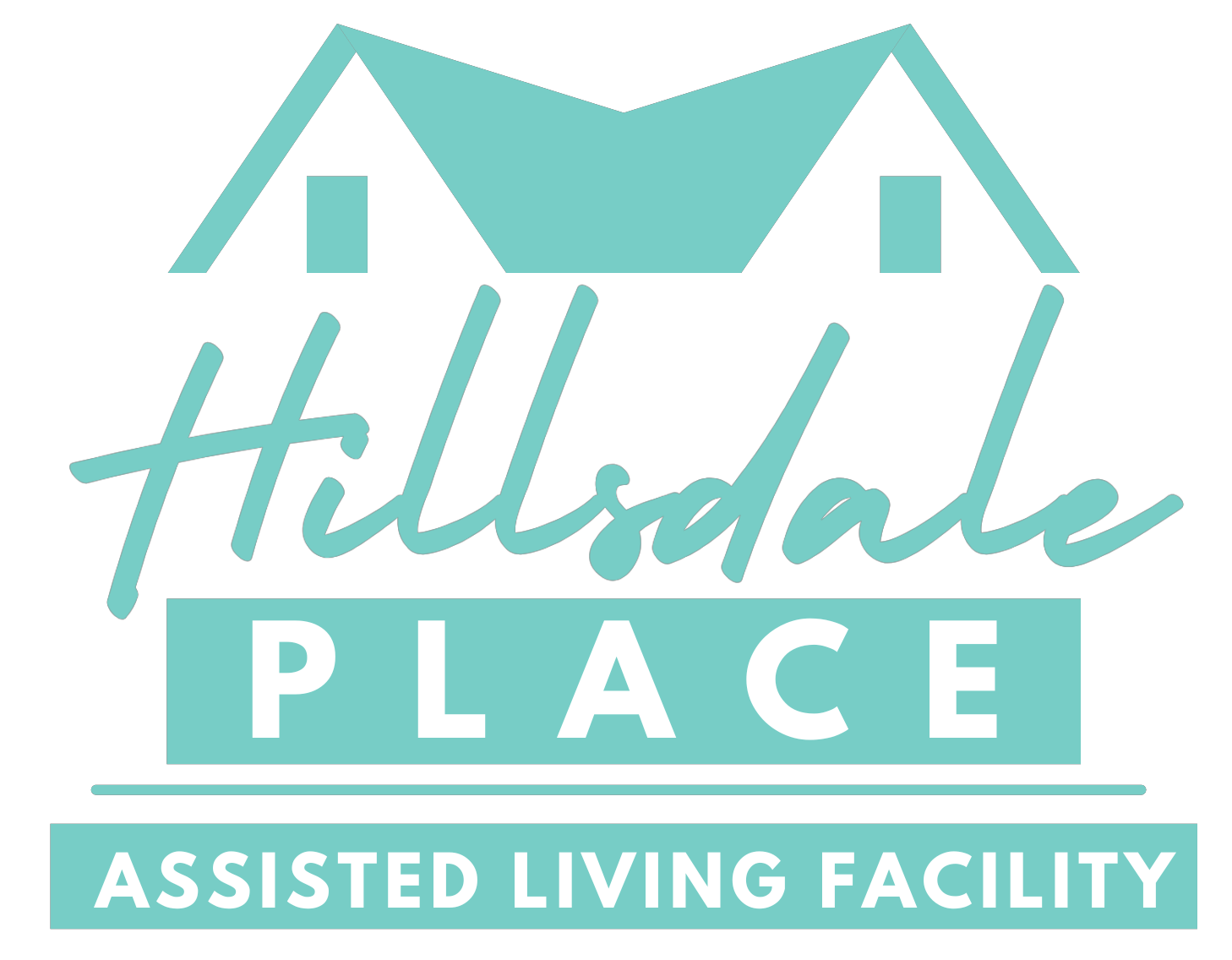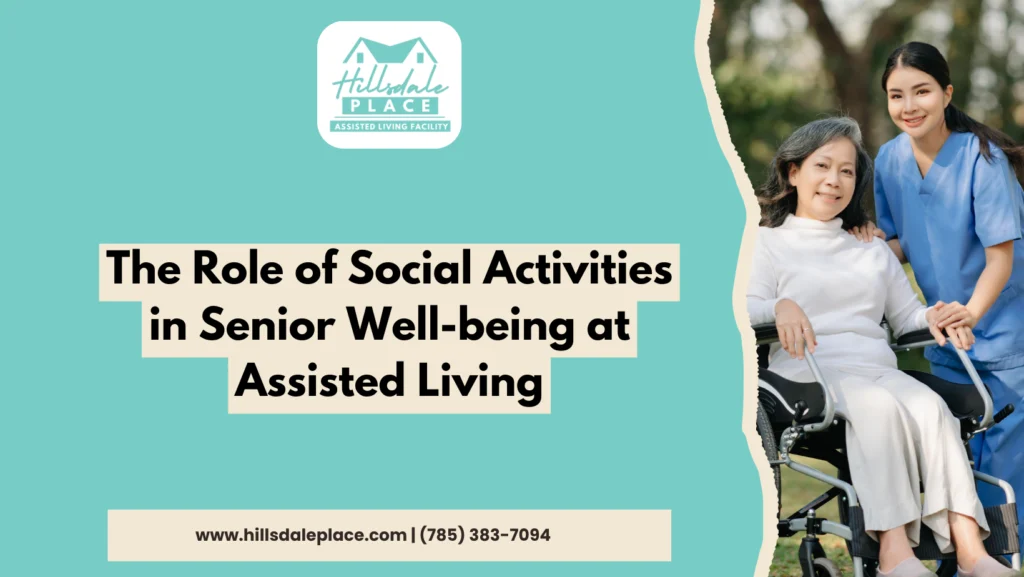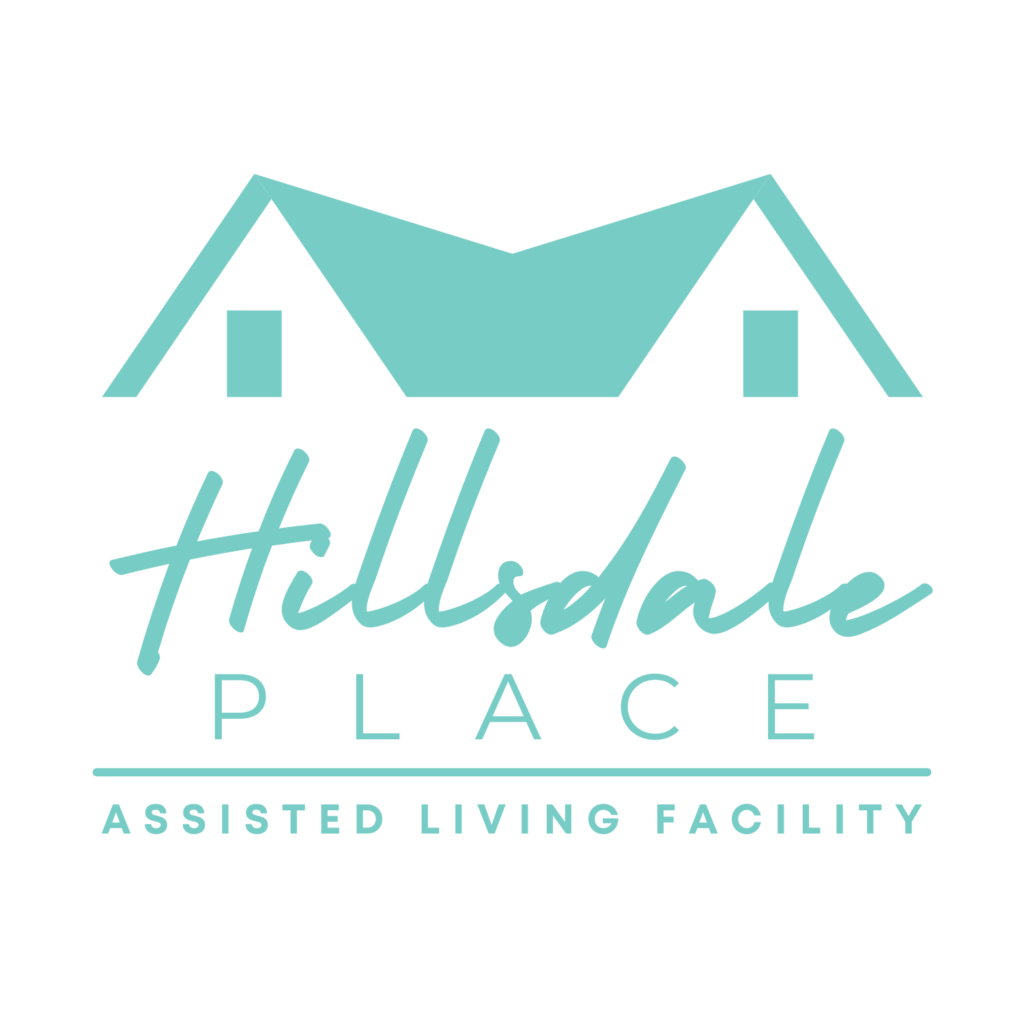As we age, maintaining social connections and staying engaged in activities plays a crucial role in our overall health and happiness. For seniors, these social interactions become even more important as they face the challenges of aging, which can often lead to isolation. Assisted living communities offer a solution by providing structured social activities that keep residents mentally, physically, and emotionally engaged. These activities go beyond just keeping seniors busy—they directly contribute to enhancing their well-being.
Let’s explore how social activities in assisted living positively impact the overall quality of life for seniors and why these opportunities are essential for their well-being.
1. Combating Loneliness and Isolation
One of the greatest challenges that many seniors face is the feeling of loneliness and isolation, especially if they are living alone or have limited interaction with family and friends. Research has shown that loneliness can have serious consequences on both physical and mental health, including increased risks for depression, anxiety, and cognitive decline.
Assisted living communities combat this by offering a vibrant social environment where residents can engage in regular activities, interact with peers, and build meaningful relationships. From group outings to game nights, these activities help create a sense of belonging, which is vital for emotional well-being. For many seniors, these social interactions make their assisted living community feel like a home where they are part of a supportive and caring network.
2. Boosting Mental Health and Cognitive Function
Participating in social activities is not only enjoyable but also beneficial for a senior’s mental health. Activities that involve problem-solving, creativity, or even learning something new can stimulate cognitive function and help keep the mind sharp. Group activities such as trivia games, puzzle-solving, and book clubs challenge seniors mentally and contribute to improving cognitive abilities.
Moreover, staying socially active has been linked to reducing the risk of developing conditions like dementia and Alzheimer’s disease. By regularly engaging in conversations, solving puzzles, or learning new skills, seniors exercise their brains in ways that help preserve memory and cognitive health.
3. Enhancing Physical Health and Mobility
Many social activities in assisted living communities are designed to promote physical health. Group exercise classes, outdoor walks, or even light recreational sports are all excellent ways for seniors to stay physically active. Not only do these activities help maintain mobility and strength, but they also promote cardiovascular health and overall fitness.
Staying active with others also provides motivation. Seniors are more likely to participate in physical activities when they are part of a group setting, especially when the focus is on fun and enjoyment rather than intense workouts. Assisted living communities often offer a range of physical activities suited to different ability levels, ensuring that all residents can participate.
4. Building a Sense of Purpose
As people age, they may feel a loss of purpose, especially if they have retired from long-term careers or if family members no longer rely on them in the same ways. Social activities in assisted living help combat these feelings by giving seniors the chance to participate in meaningful events. Whether it’s volunteering, helping with community events, or taking on a leadership role in organizing activities, these opportunities can help seniors feel valued and useful.
Having a sense of purpose is strongly linked to improved emotional well-being, and it gives seniors a reason to stay engaged and active in their community. Participating in activities that have a positive impact on others reinforces this feeling of purpose and fulfillment.
5. Encouraging Lifelong Learning and Exploration
Just because seniors have entered a new chapter of their lives doesn’t mean they’ve stopped learning or exploring new interests. Many assisted living communities provide opportunities for lifelong learning, whether through educational classes, workshops, or cultural outings. These activities encourage residents to expand their horizons, whether it’s learning a new language, attending a lecture on a fascinating topic, or trying out a new craft.
Engaging in learning activities promotes mental agility and helps seniors stay curious and motivated. It also provides a great way for residents to bond with others who share similar interests, further building social connections.
6. Fostering Emotional Well-being and Happiness
Overall, being socially active plays a significant role in boosting emotional well-being for seniors. Social interactions provide a natural way to combat depression and anxiety, common issues among older adults. When seniors feel supported by their peers and caregivers, they are more likely to experience higher levels of happiness and satisfaction in their daily lives.
Additionally, assisted living communities often celebrate milestones such as birthdays, holidays, or anniversaries, creating an environment filled with joyful moments and shared celebrations. These events foster a sense of community and provide seniors with something to look forward to.
7. Creating Lasting Friendships
One of the most beautiful aspects of social activities in assisted living is the opportunity to build new and lasting friendships. The shared experiences of living in the same community, participating in group activities, and attending events allow seniors to develop meaningful relationships with their peers.
For many residents, these friendships become an essential source of emotional support, providing comfort during challenging times and joy during everyday moments. Assisted living communities provide an environment where these relationships can flourish, allowing seniors to enjoy companionship, camaraderie, and laughter.
Social Engagement is Key to Well-being in Assisted Living
The importance of social activities in assisted living cannot be overstated. From boosting mental and physical health to reducing feelings of loneliness and isolation, social engagement plays a crucial role in the overall well-being of seniors. Assisted living communities are designed to foster these connections and provide opportunities for meaningful social interactions that enhance residents’ quality of life.
If you’re considering assisted living for your loved one in Topeka, Kansas, and want to learn more about how social activities contribute to their well-being, visit Hillsdale Place. Explore their range of services and contact them to schedule a tour and see how their community helps seniors stay active, engaged, and fulfilled.




